
Fraudsters send text messages purporting to be from a bank, government department or company. The aim of the scam is to obtain a credit card number with the relevant security code, or to persuade the victim to make a payment.
Under false pretences, the perpetrators invite the victim to connect to this company or organisation's online services by clicking on a link in the message and entering personal information there. Often these messages mention an online account that is about to expire and needs to be renewed or an account with a bank that needs to be extended.
After this information has been entered, the crooks extract the data and use it to obtain benefits such as money or personal documents.
Remember that banks, government departments and companies will never ask you to follow a link sent by text message and enter your personal information or make a payment. If you have any doubts, contact the government department, bank or company in question.
To avoid becoming a victim of a phishing attempt, it is important to follow the following advice:
- Never share personal information and data that you are asked for via email, SMS or other messaging services.
- Never click on a link that has been sent to you from an unknown source.
- Beware of messages that urge you to react quickly or that ask you to provide personal data.
- Always check whether the message is addressed to you personally, or whether it contains mistakes or mistranslations.
- Be aware that serious organisations and companies never ask you to send personal data via e-mail.
- If the origin of a message is unclear or if you have any doubts, do not hesitate to contact the respective organisation.
SMS
-
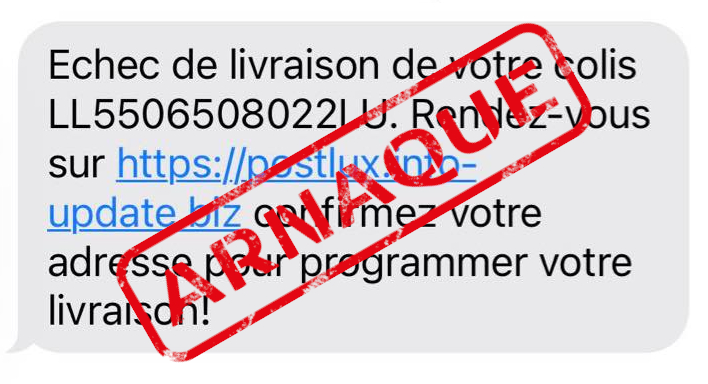
-

-
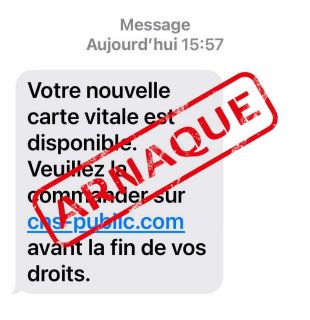
-
-
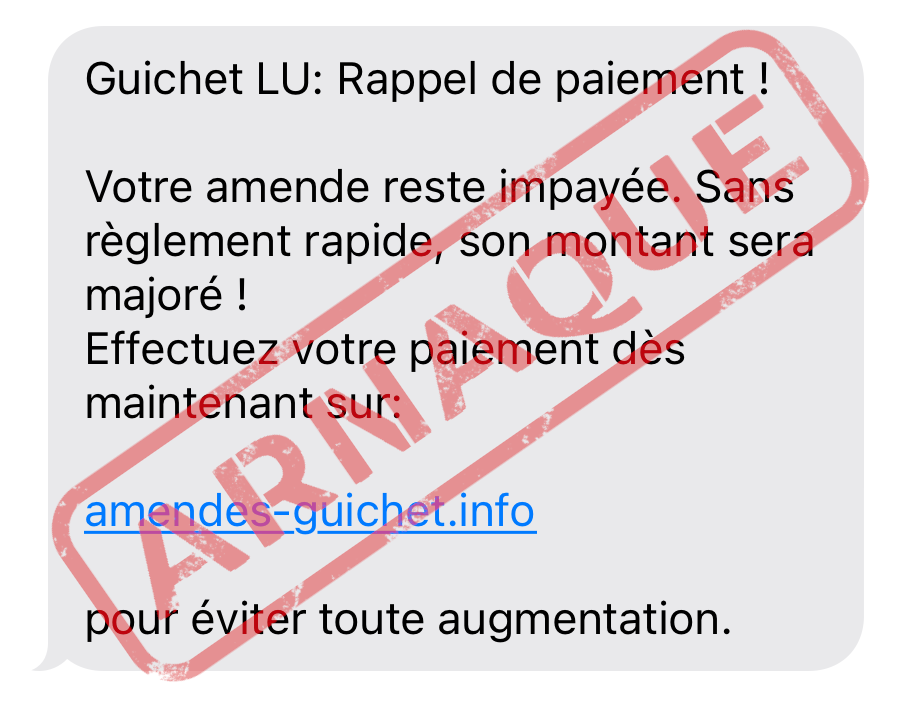
-
-
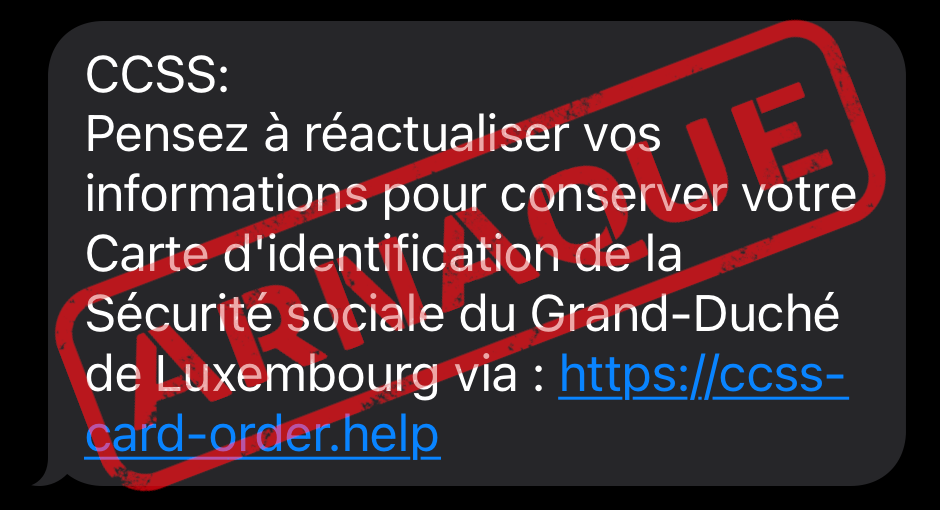
-
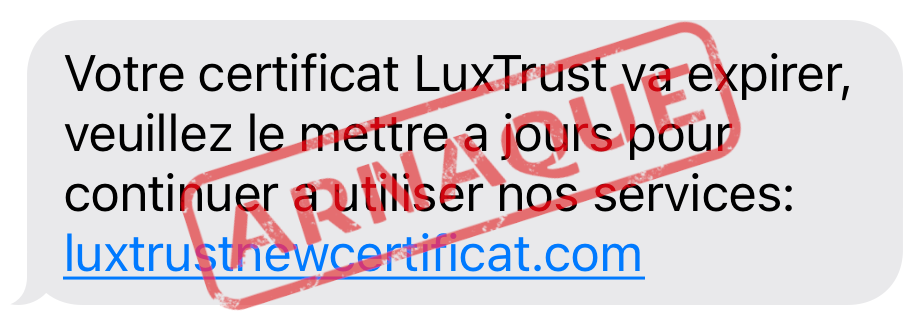
-
-

-

2025-arnaque-sms-luxtrust.PNG
-
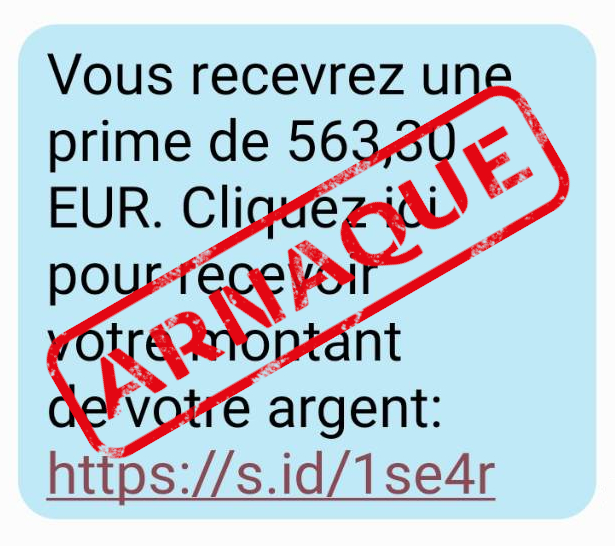
-
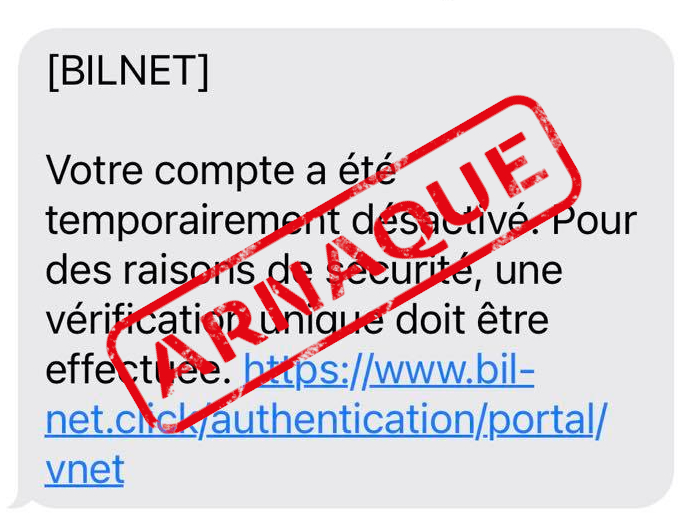
-
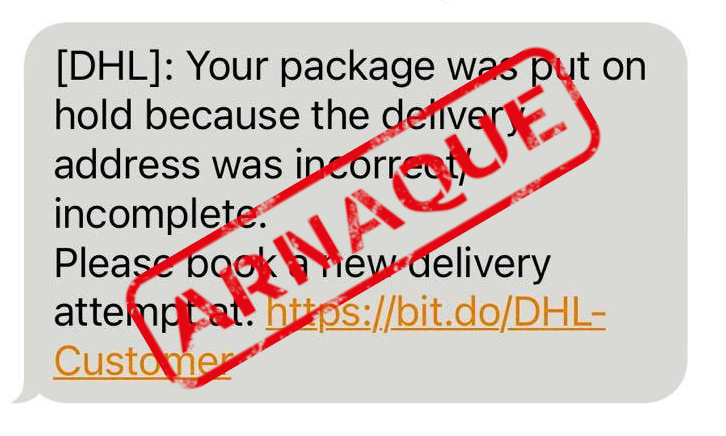
-
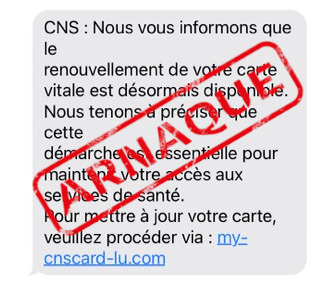
-
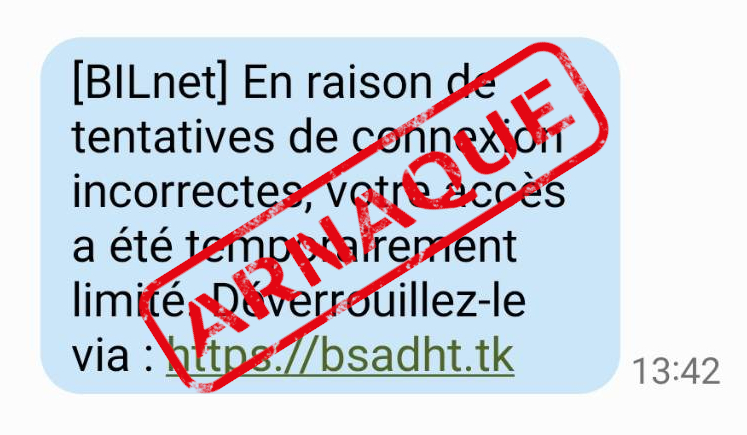
-
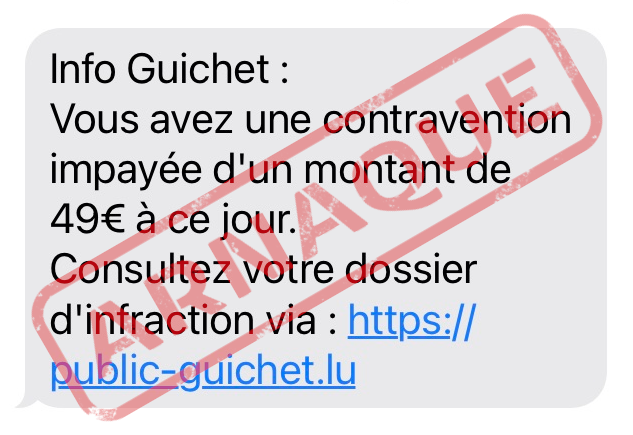
-
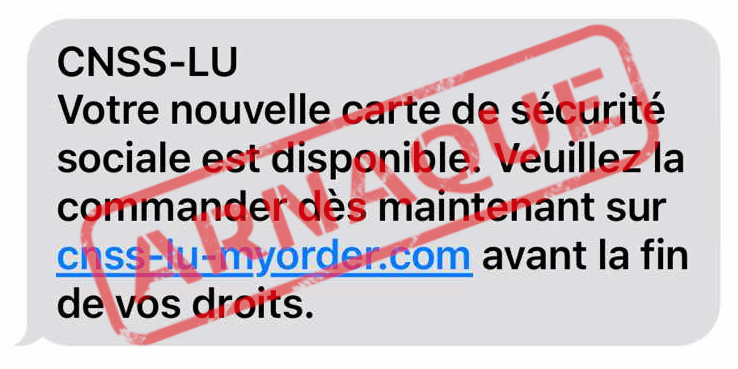
-
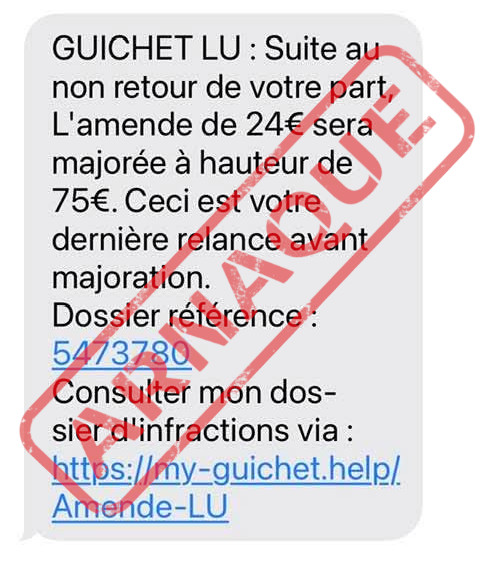
-

-
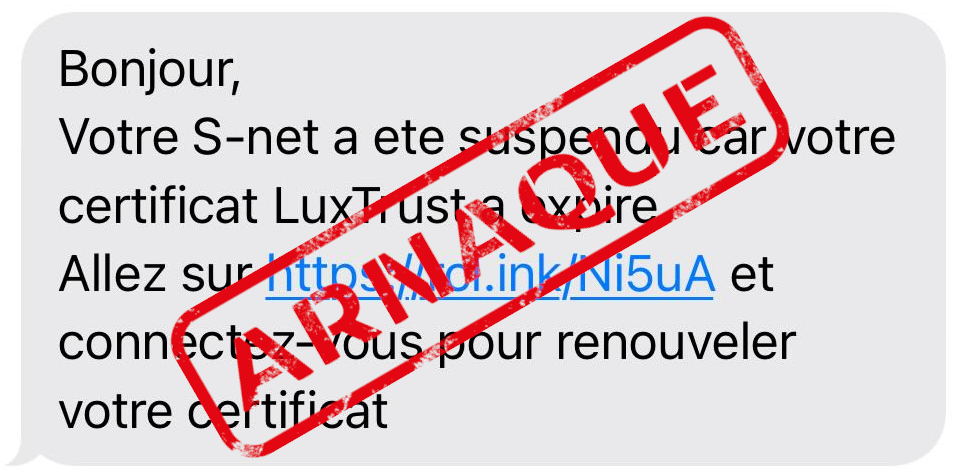
-
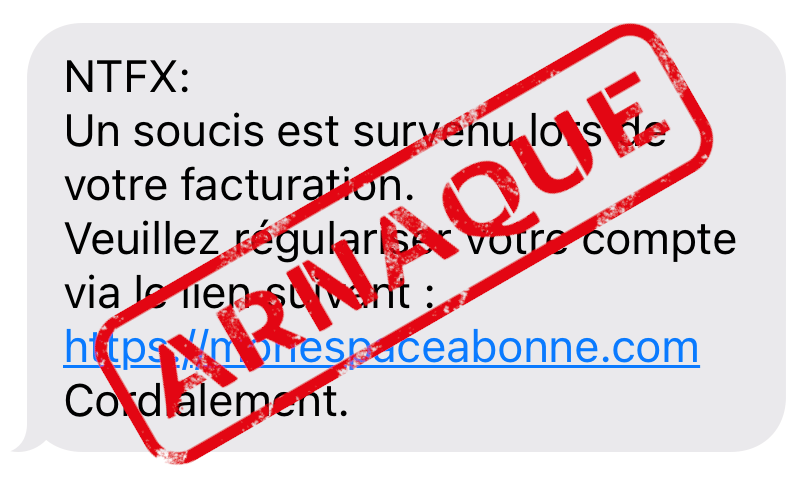
-
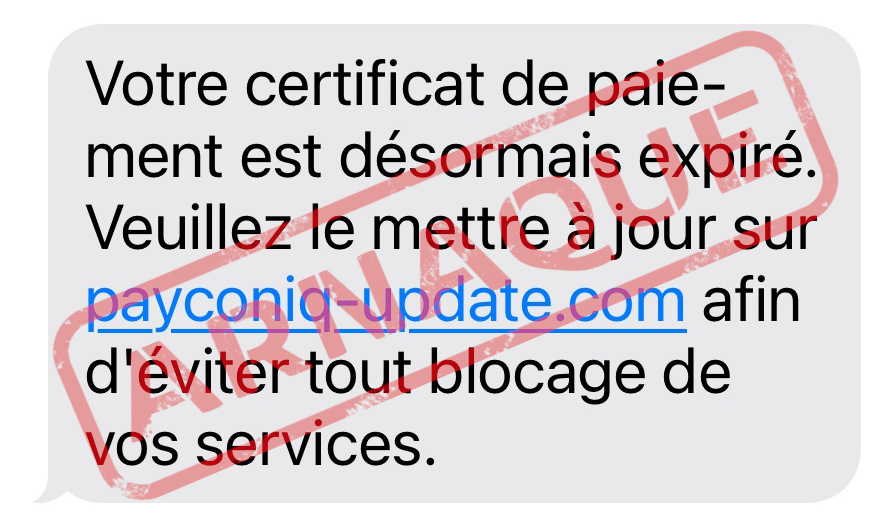
-

-

-
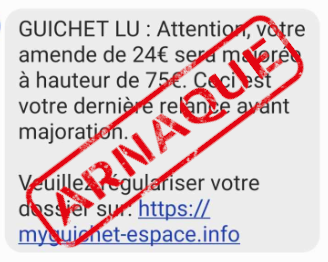
-

-
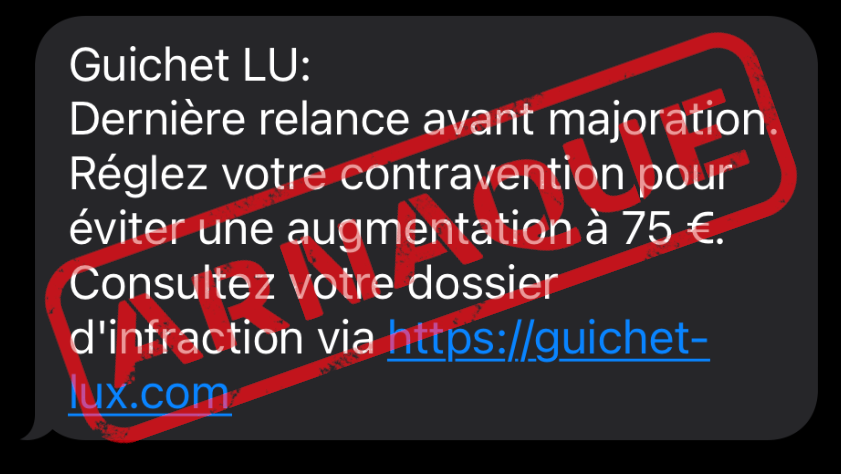
-

-
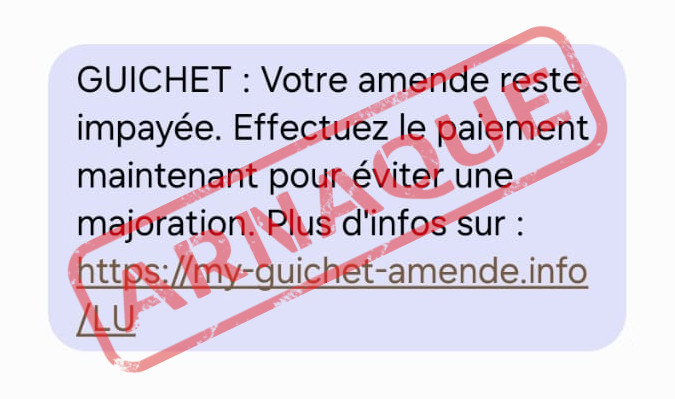
-
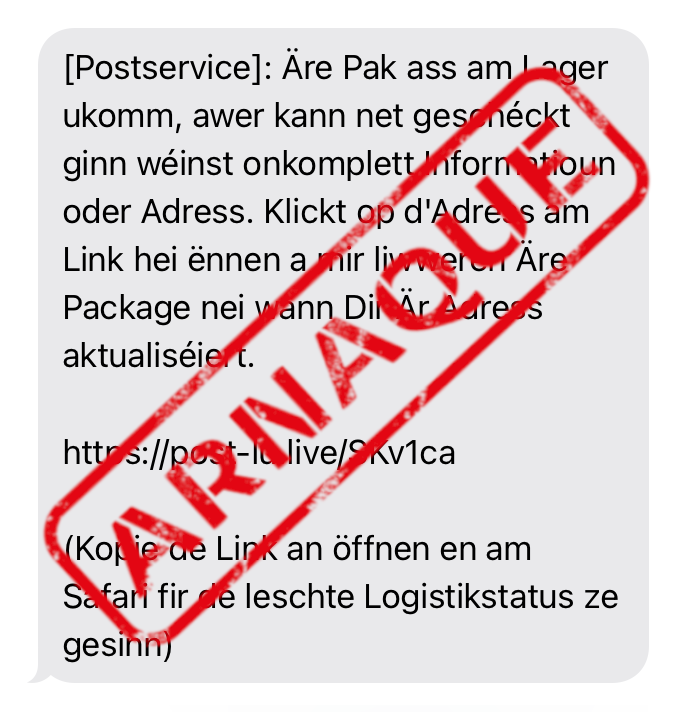
-
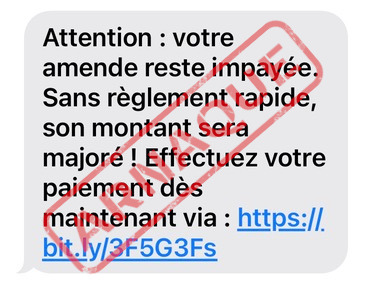
-

-
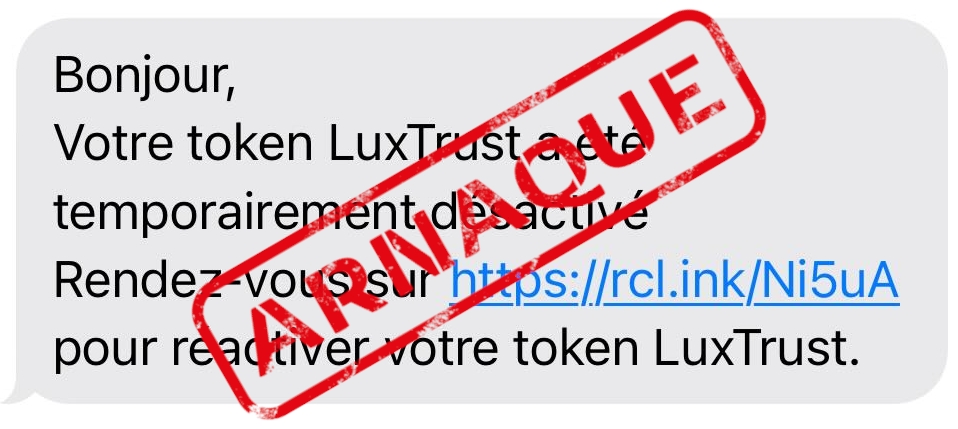
-
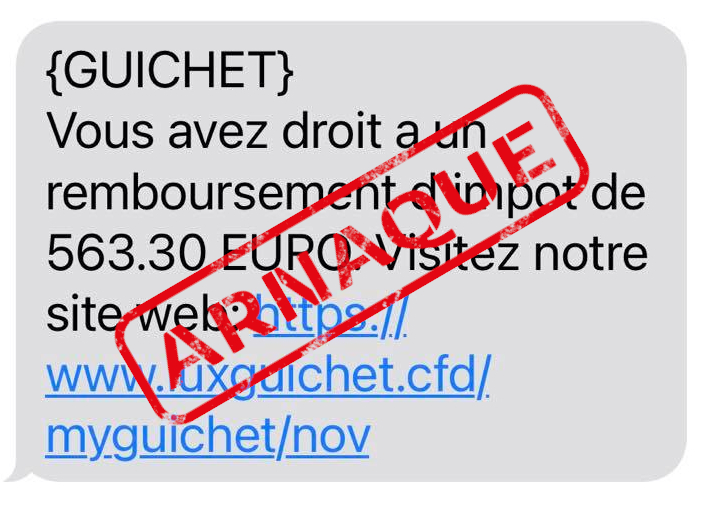
-
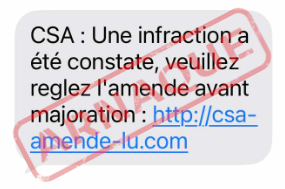
-

-

-
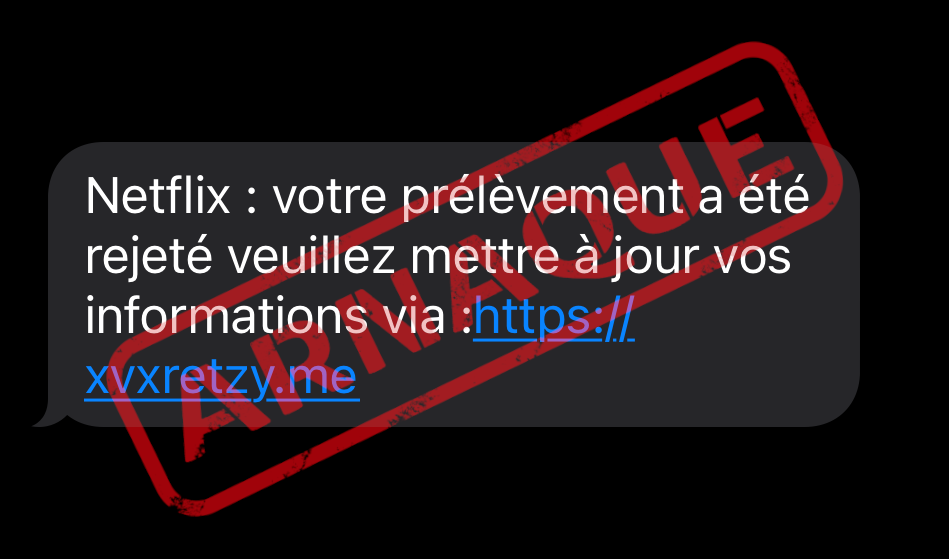
-
-
-
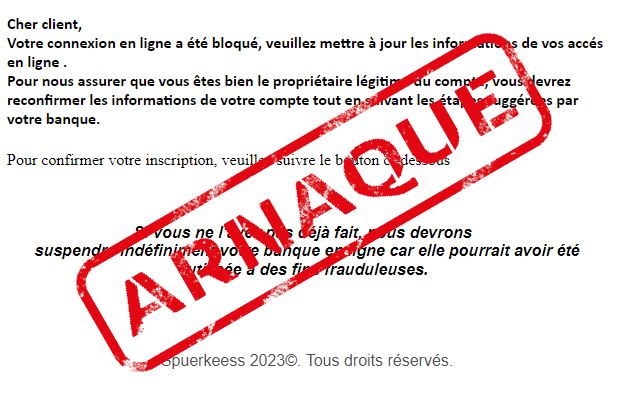
-
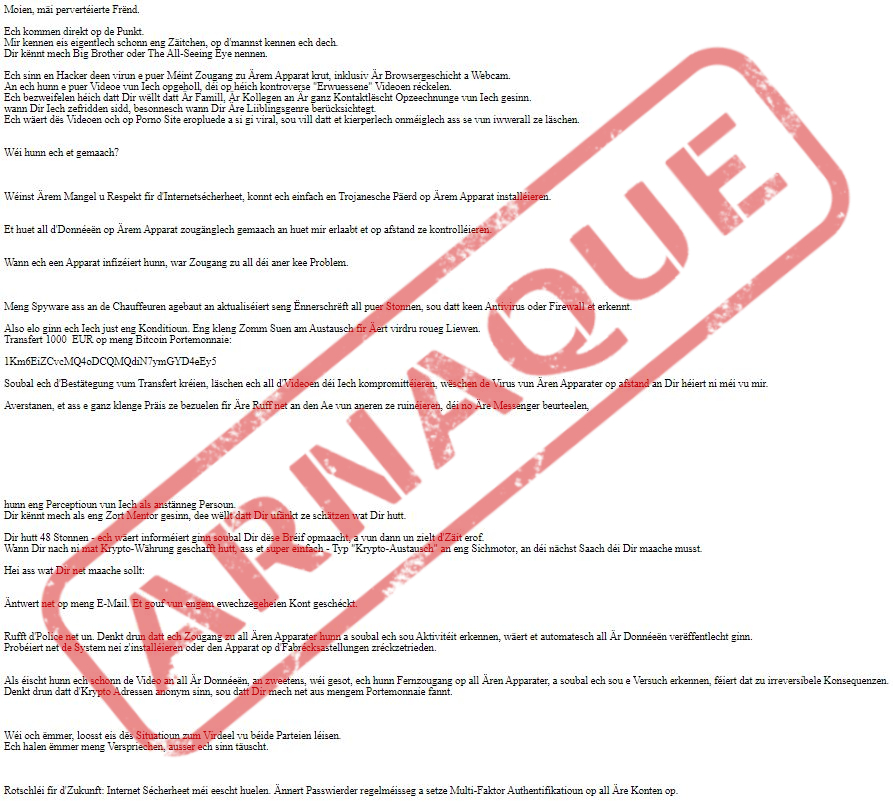
-
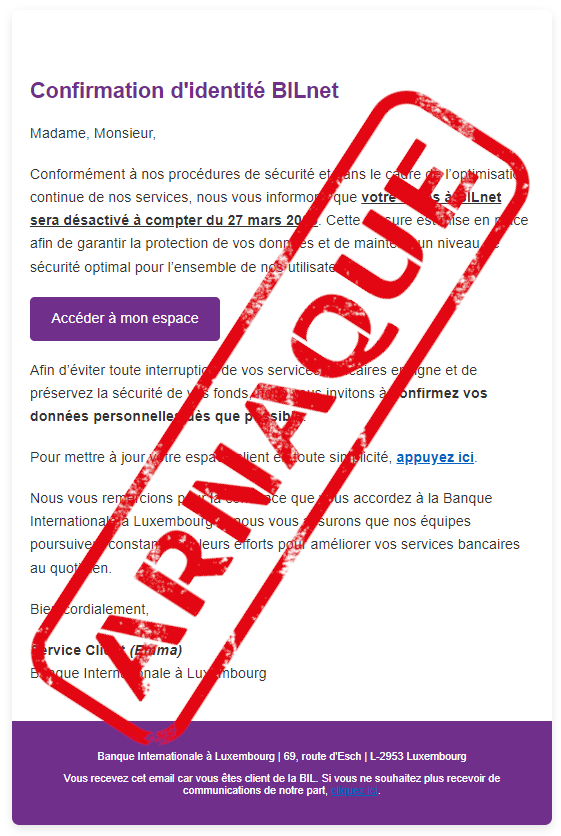
-

-

-

-

-

-

-

-
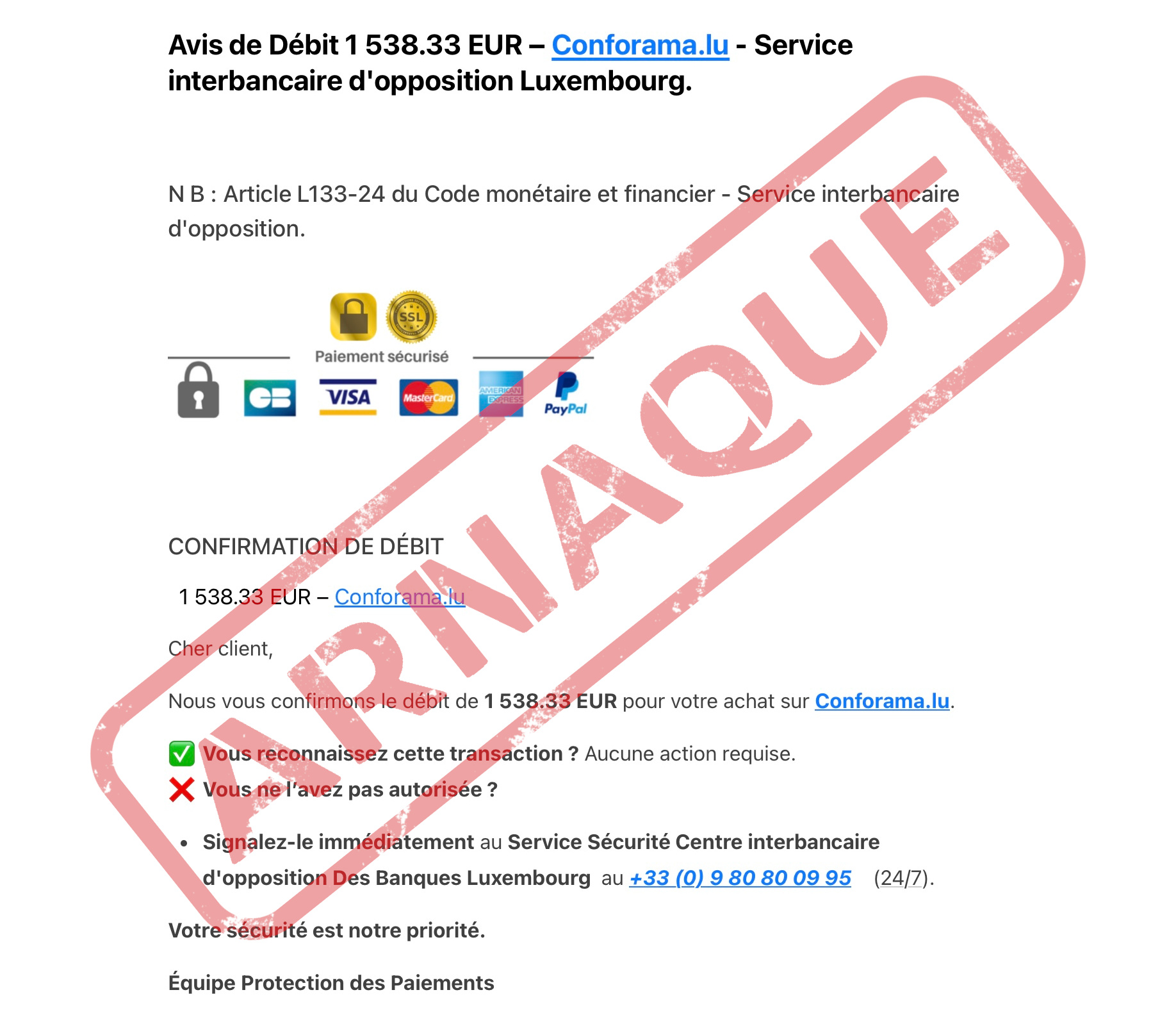 Screenshot
Screenshot -
 Screenshot
Screenshot -
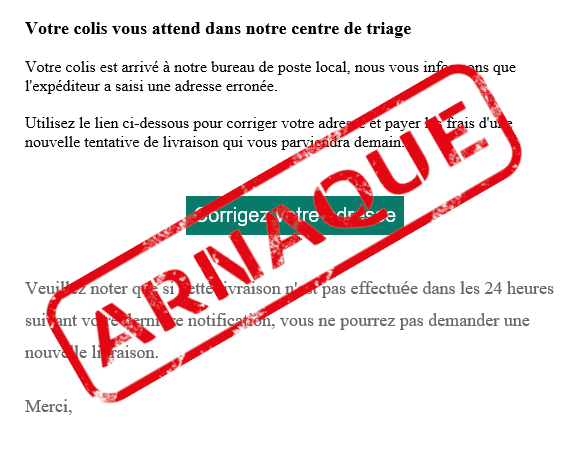
-
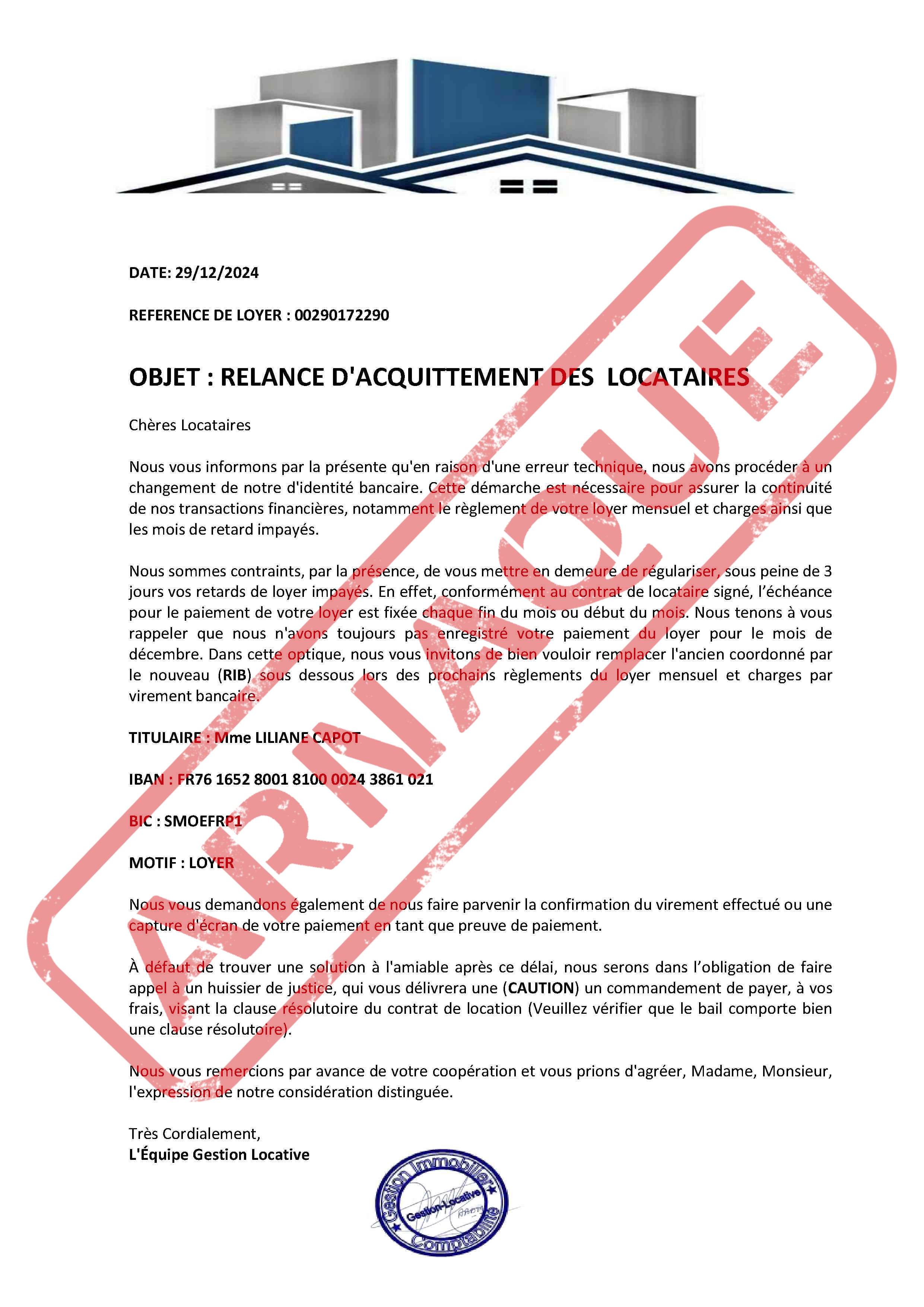
-
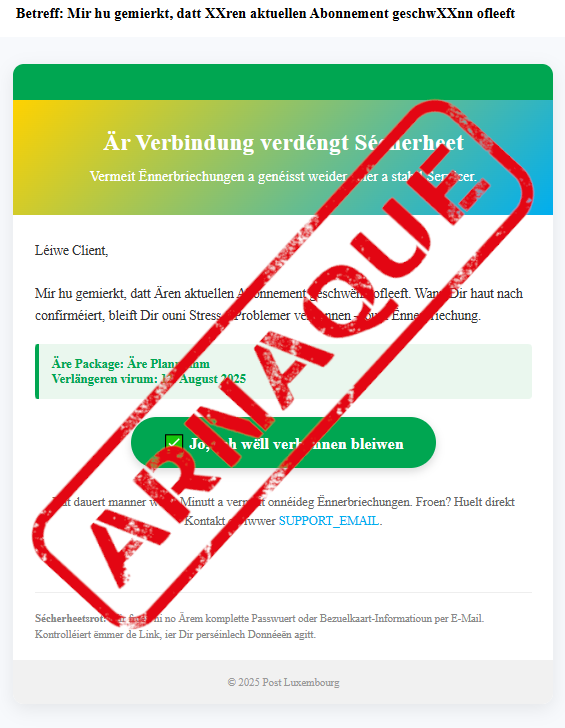
-
-
-
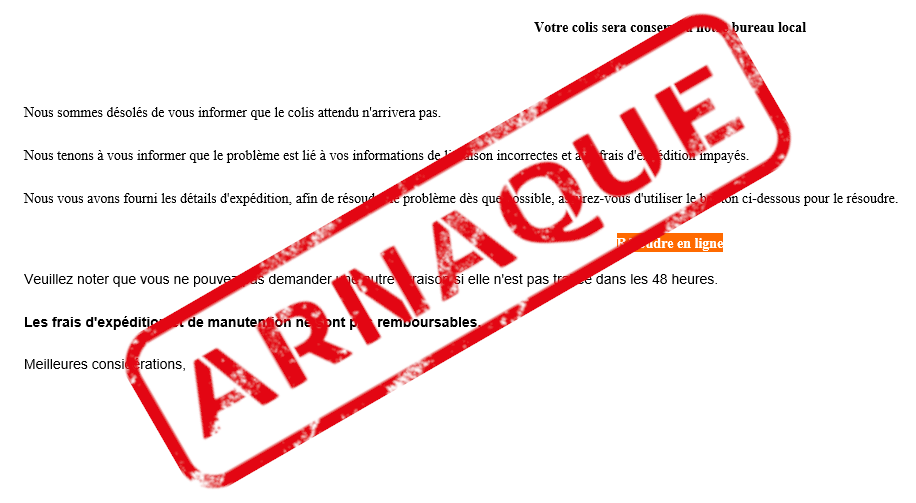
-
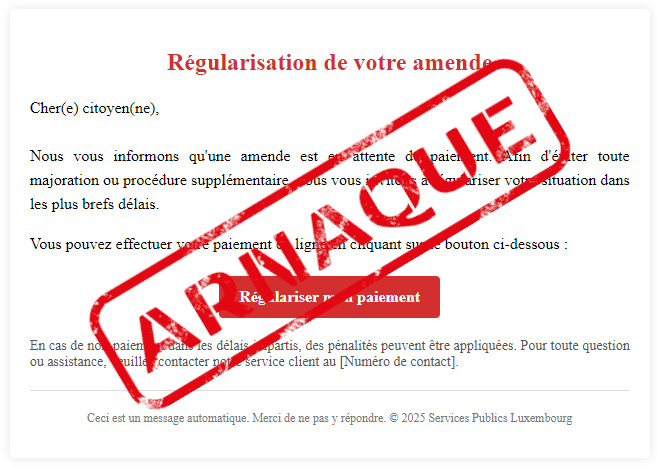
-
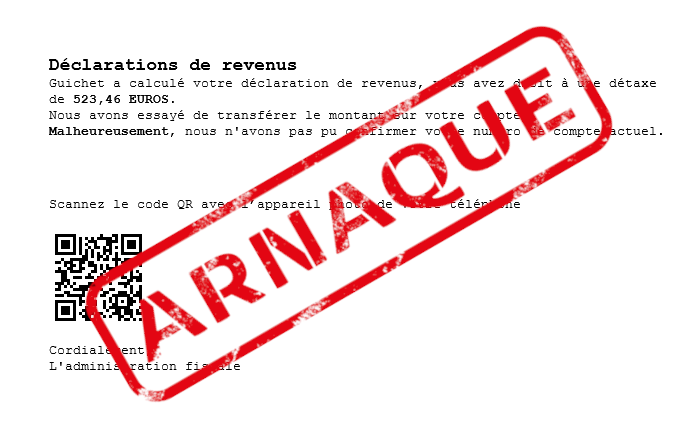
-

-
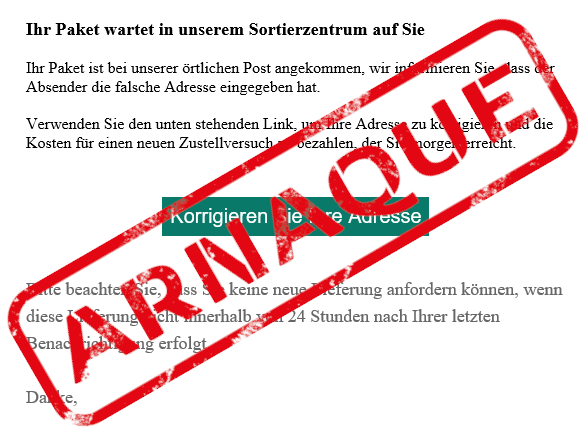
-
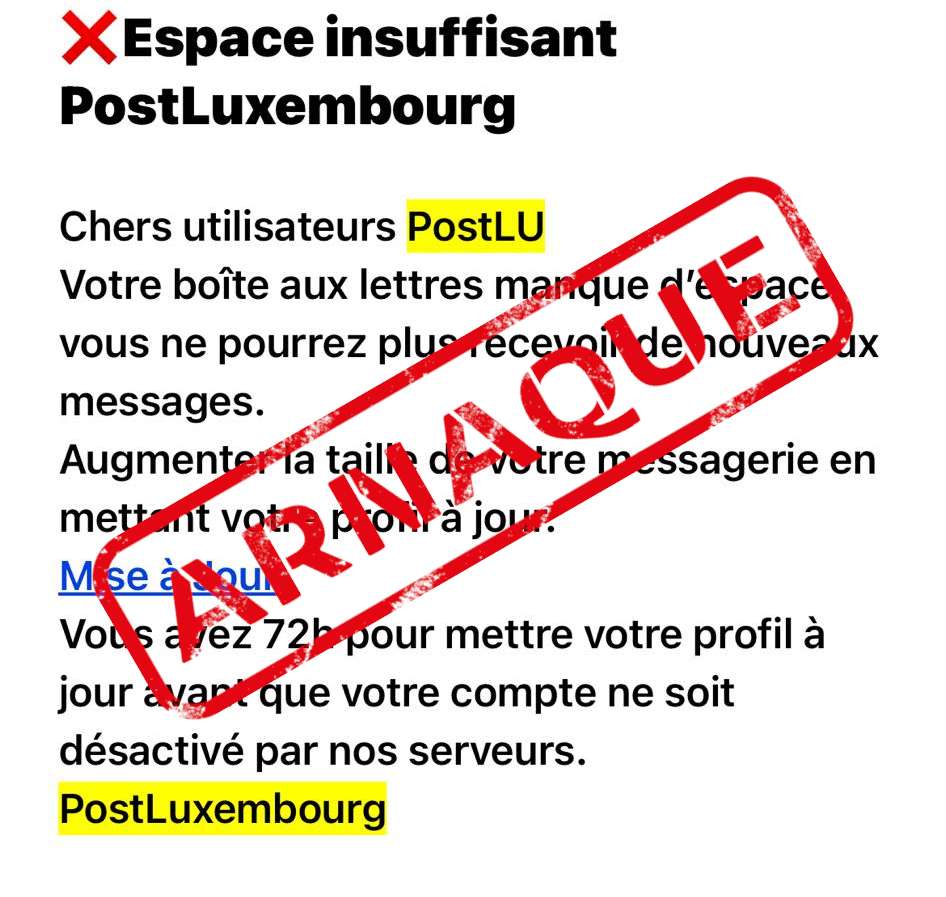
-
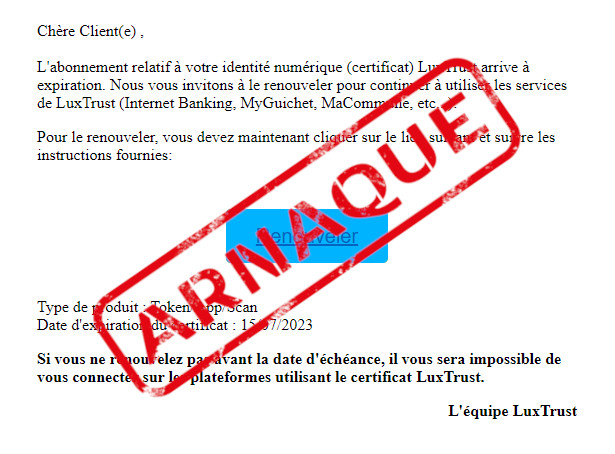
-
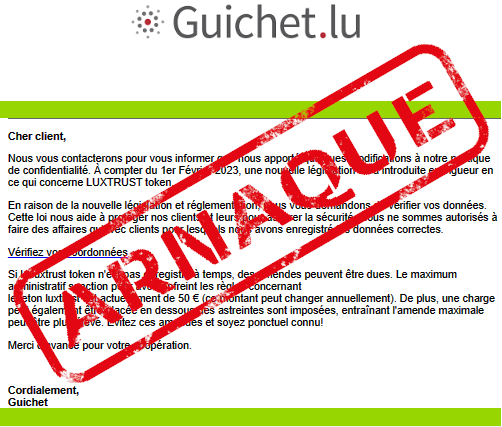
-
-

-
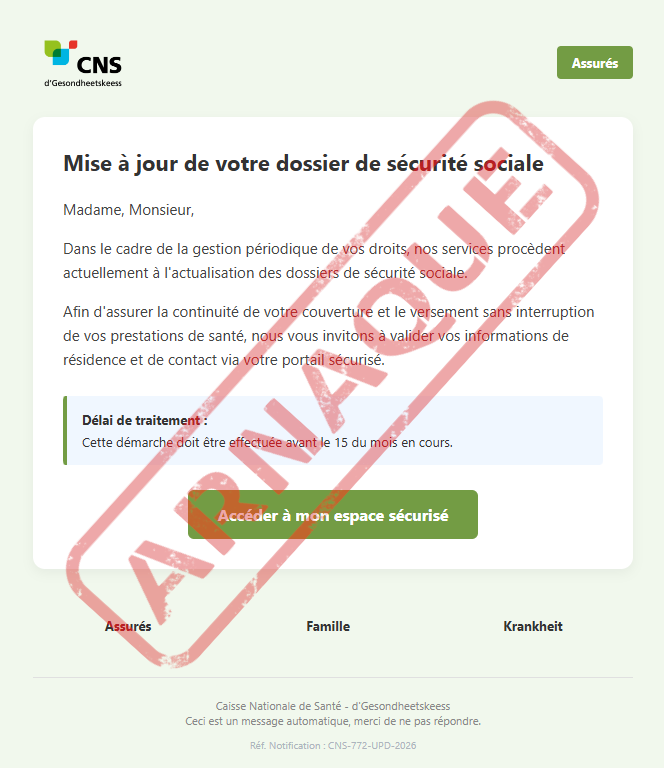
-

-
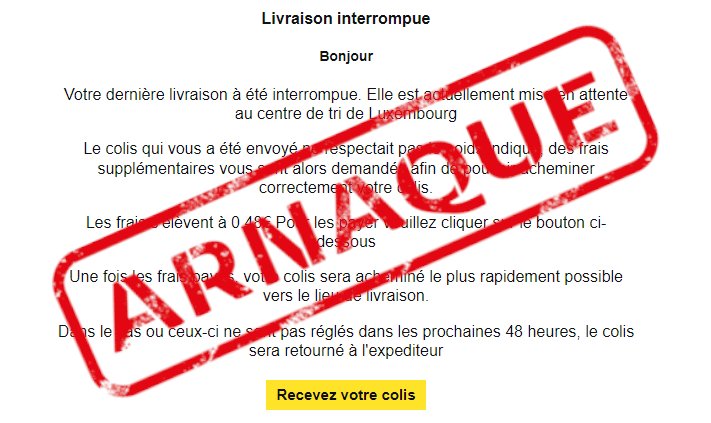
-
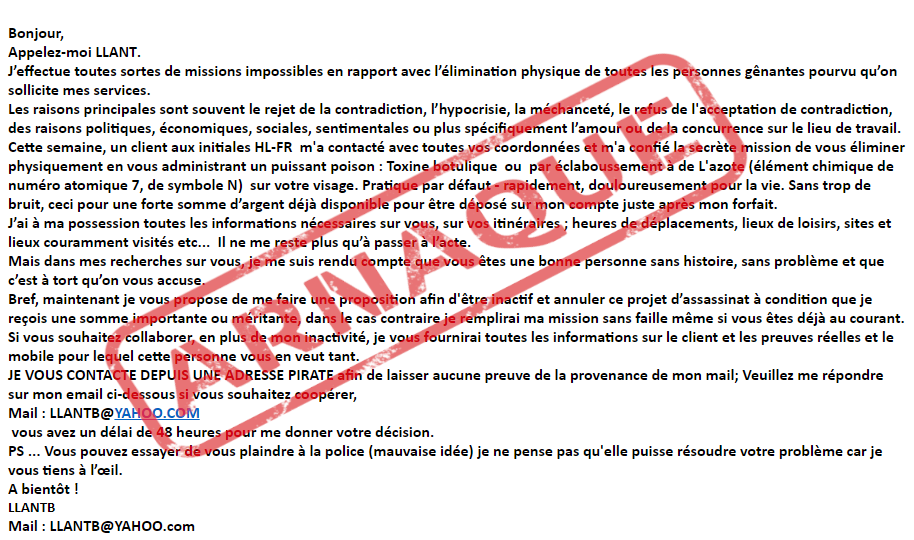
-
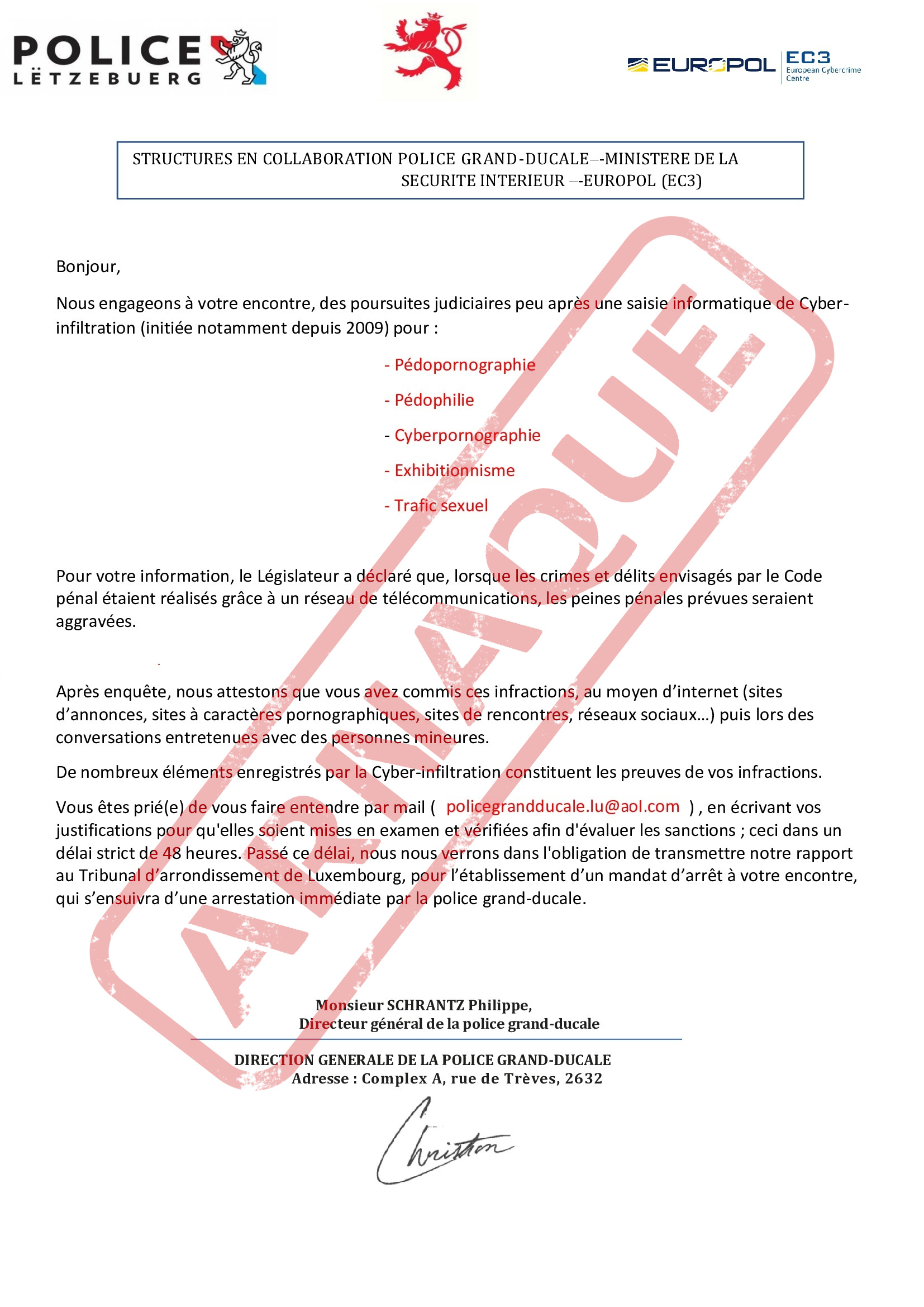
-
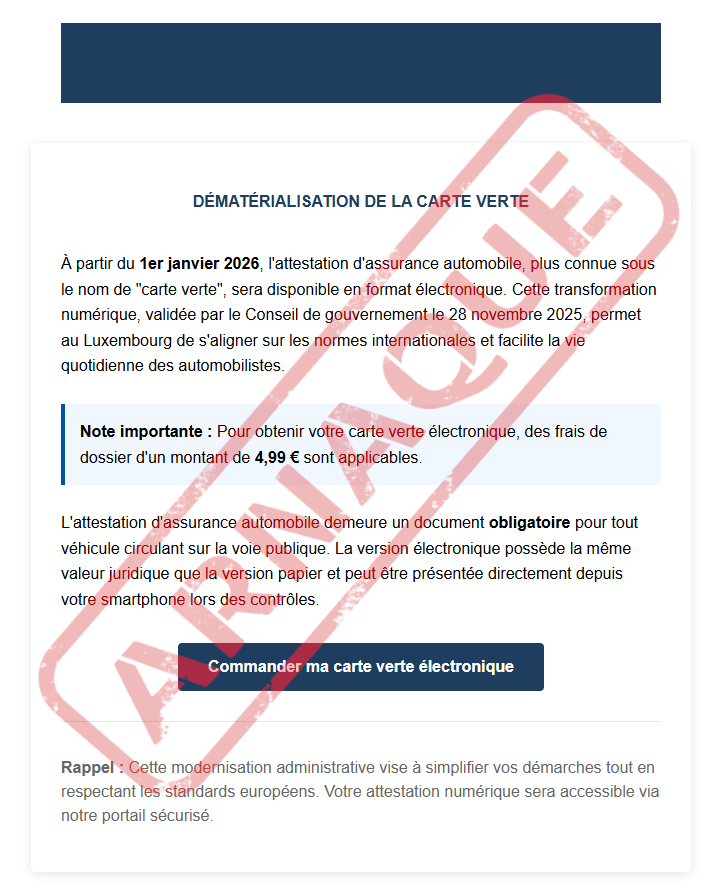
-

-

-
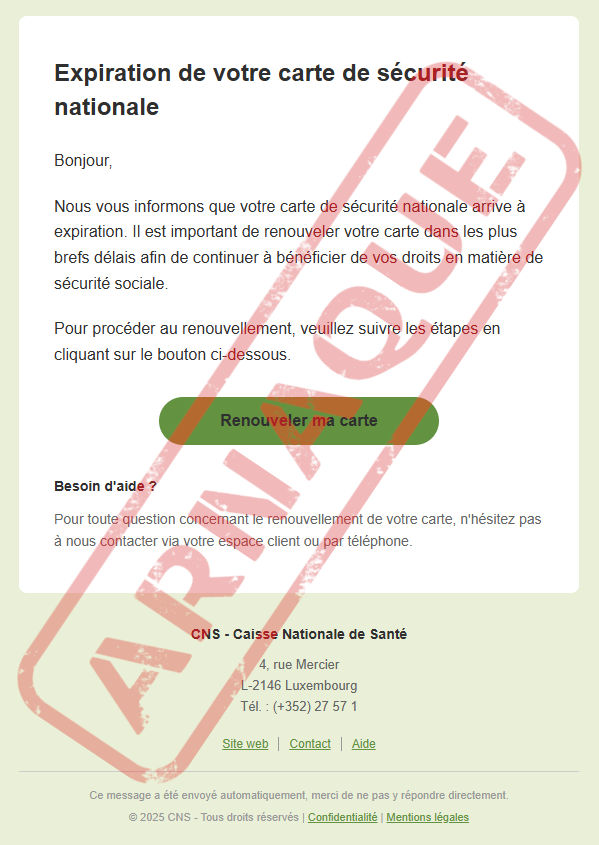
-
















































































